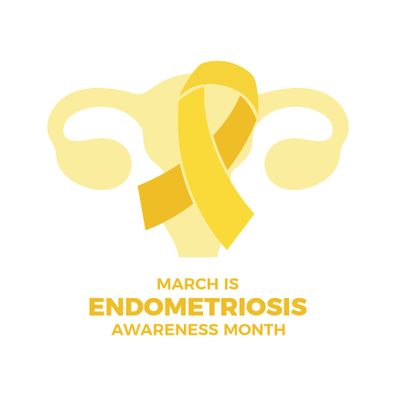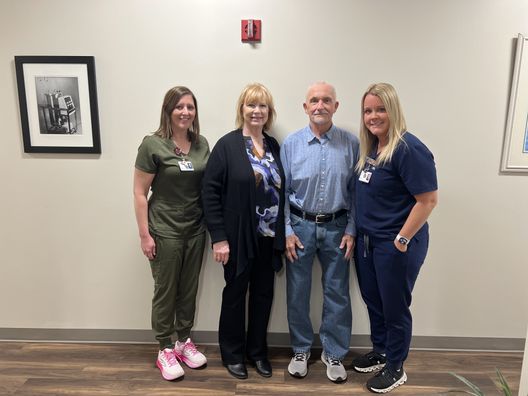Endometriosis impacts about 10 percent of women globally. March is Endometriosis Awareness Month and a time to bring attention to this often painful condition.
Dr. Deborah Woodard, a gynecologist with Quincy Medical Group (QMG), explained, “Endometriosis is a common condition that results from endometrial glands (the lining of the uterus) that occur outside the uterine cavity. It is an estrogen-dependent inflammatory disease and is found mostly in the pelvis and sometimes involves other organs.”
Symptoms of endometriosis vary from patient to patient and depend on the severity of the condition. Dr. Woodard said the most common symptoms include:
- Pelvic pain
- Pain with periods
- Pain with sex
- Heavy menstrual bleeding
- Infertility
- Ovarian mass
Other symptoms can include abnormal uterine bleeding, low back pain, bowel and bladder dysfunction, and abdominal pain.
If you are experiencing any of these symptoms, Dr. Woodard said your first step should be to talk to your OB/GYN. There are treatment options to help you.
“Initial treatment might include nonsteroidal anti-inflammatory drugs and hormonal contraceptives because these are low risk and provide relief in many women,” she explained. “Additionally we can try injectable Gonadotropin-releasing hormone analogs or oral antagonists such as Lupron and Orilissa.”
If initial treatment is not successful, Dr. Woodard said there are surgical options available.
“Conservative surgery with diagnostic laparoscopy for diagnosis and resection of endometriosis is an option. This is usually followed by hormonal suppression to prevent a recurrence,” she said. “Definitive treatment with hysterectomy after completion of childbearing can be done as well.”
The QMG Women’s Health team has seven physicians to care for you. To schedule an appointment, call (217) 222‑6550, ext. 3437.
Health Topics:







